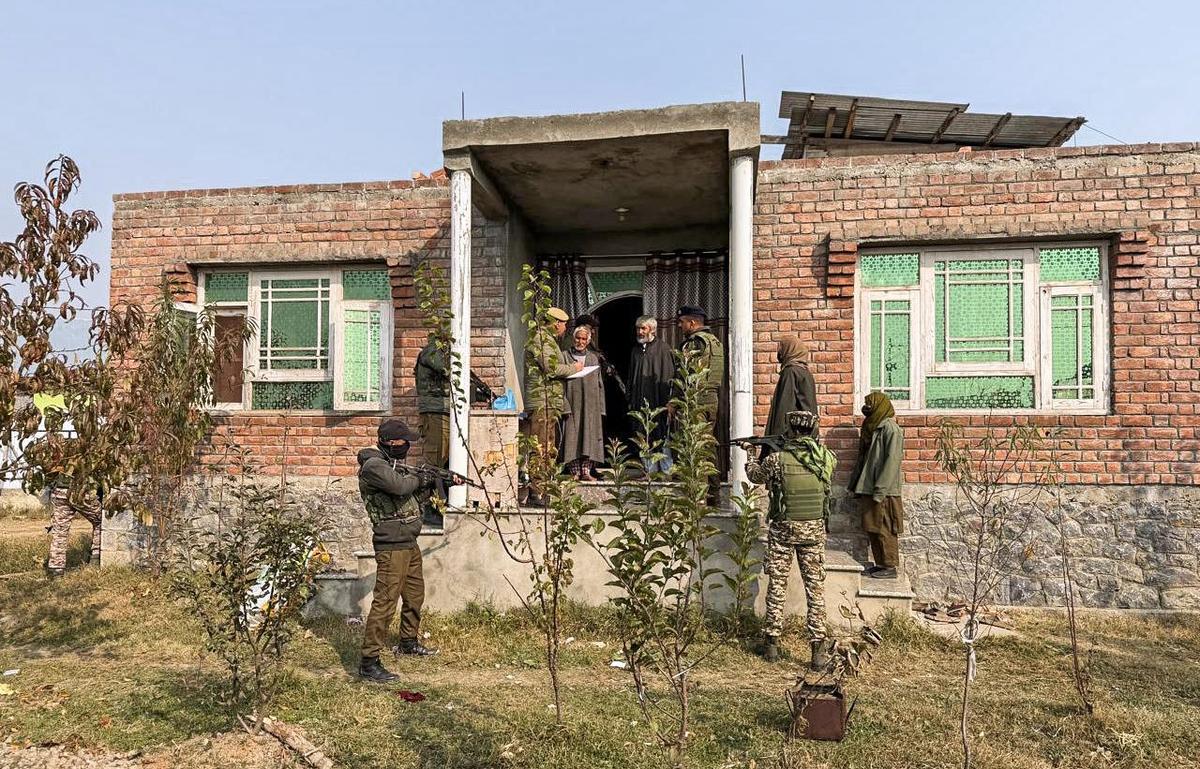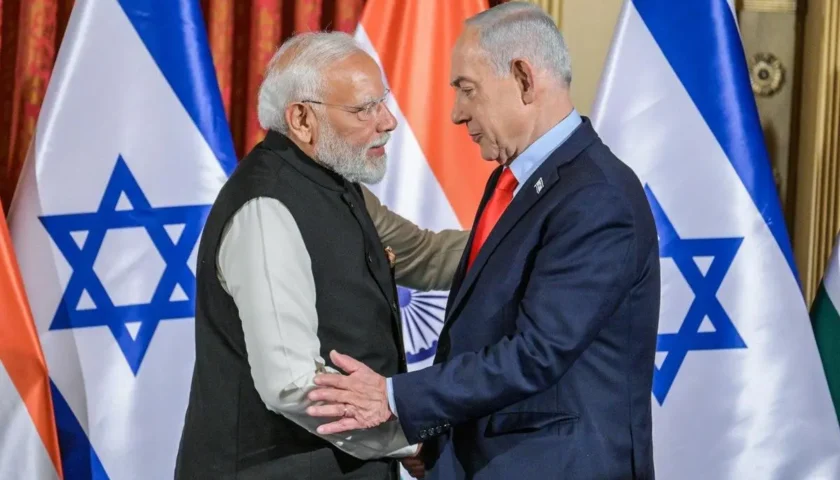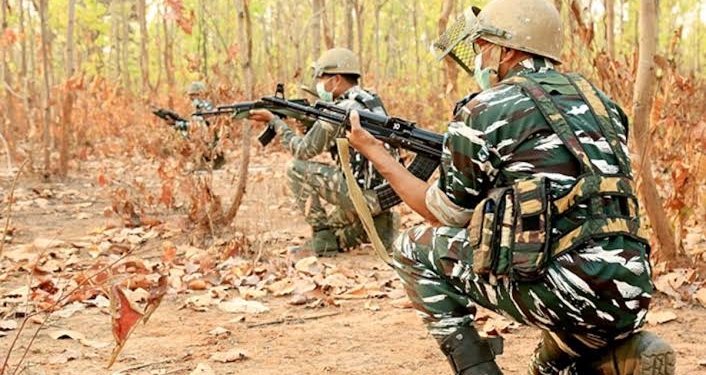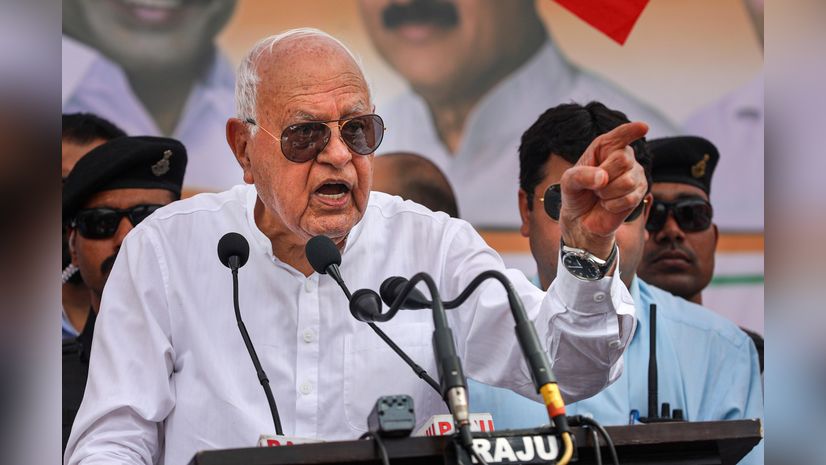Kashmir Under Heavy Scrutiny After Delhi Blast: Raids, Detentions, and Rising Unease
Javid Amin | Srinagar | November 13, 2025
In the wake of the blast near Delhi’s Red Fort, security agencies have intensified a sweeping crackdown across Jammu and Kashmir, detaining at least 10 individuals, including three government employees, for their suspected links to an emerging white-collar terror network.
The development has triggered a mix of fear, debate, and political pushback, as Kashmir finds itself once again under the spotlight of national security agencies.
Coordinated Crackdown Across South Kashmir
Sources in Jammu and Kashmir Police confirmed that the detentions occurred during simultaneous raids carried out in Pulwama, Shopian, Anantnag, Srinagar, and Kulgam.
The operation was triggered by the arrest of Dr. Mohd Umar, a key suspect in the Delhi blast case who was reportedly driving the car that exploded.
Investigators believe Umar’s arrest has opened a trail pointing toward a professionally networked module involving:
-
Doctors
-
Teachers
-
Religious clerics
-
Government officials
This network is suspected of facilitating radicalization, logistics, and covert support while maintaining a civilian façade.
A senior intelligence officer described the evolving picture:
“We are looking at an ecosystem—not just foot soldiers. These are educated individuals who know how to evade suspicion and operate quietly.”
Three Government Employees Detained: Institutions on Alert
Among the ten detained, three are active government employees serving in different departments. Their detention has raised alarm over potential institutional infiltration and access to sensitive information.
The administration has launched a parallel internal probe to examine:
-
Possible breaches of official protocols
-
Unauthorized data leaks
-
Misuse of office roles for extremist objectives
Officials have not disclosed the identities or departments involved, citing the ongoing investigation.
Political Leaders Call for Balance Between Security and Rights
The crackdown has quickly triggered strong political reactions in Kashmir.
Mehbooba Mufti: “Don’t criminalize families”
PDP chief Mehbooba Mufti condemned the Delhi blast but warned against sweeping actions:
“Collective punishment, profiling, or harassing families will only deepen alienation. Justice cannot come at the cost of civil liberties.”
NC Seeks Transparency
National Conference leaders urged the police to ensure that:
-
Detentions are evidence-based
-
Innocent civilians are not swept up
-
Investigations remain transparent and accountable
Political observers believe the situation has once again placed Kashmir at the delicate intersection of security imperatives and civil rights concerns.
Public Anxiety Deepens Amid Fear of Profiling
The detentions—especially of professionals and government staff—have created a climate of anxiety among the Valley’s educated youth.
A Srinagar university lecturer expressed worry:
“Nobody supports terrorism. But detaining doctors and teachers without clear charges creates fear. It sends a message that anyone can be picked up.”
Civil society members fear that ambiguous detentions may:
-
Increase mistrust between youth and institutions
-
Reinforce perceptions of profiling
-
Lead to long-term alienation in the workforce
Legal Implications: UAPA Looms Large
Authorities maintain that the ten individuals are currently in “routine questioning”, not formal arrests.
However, given that the blast case already involves the UAPA, legal experts warn that:
-
Prolonged custody could follow
-
Property attachments may be initiated
-
Formal charges could be filed if links are established
Human rights lawyers stress that UAPA’s broad scope must be used with caution to avoid violations of due process.
A Region Under Watch — What Happens Next?
With investigations expanding daily, several outcomes are expected in the coming weeks:
1️⃣ More Detentions Possible
Security agencies are tracking digital footprints, financial transactions, and communications linked to the module.
2️⃣ Screening of Government Departments
Internal vigilance mechanisms may be strengthened to prevent institutional misuse.
3️⃣ Political and Civil Society Outreach
To control public sentiment, regional parties may push for assurances against arbitrary detentions.
4️⃣ Heightened Security Across Kashmir
Expect intensified checkpoints, surveillance, and intelligence operations.
Conclusion: Kashmir Once Again at the Crossroads of Security and Civil Liberties
The Delhi blast has triggered a high-stakes security response that reaches deep into Kashmir’s professional class and bureaucratic structure.
While authorities stress the need for swift action to neutralize covert terror networks, political leaders and civil society warn against overreach that risks fueling mistrust and alienation.
As investigations widen, Kashmir remains under a sharp national lens—its people caught between the competing demands of security, stability, and justice.




